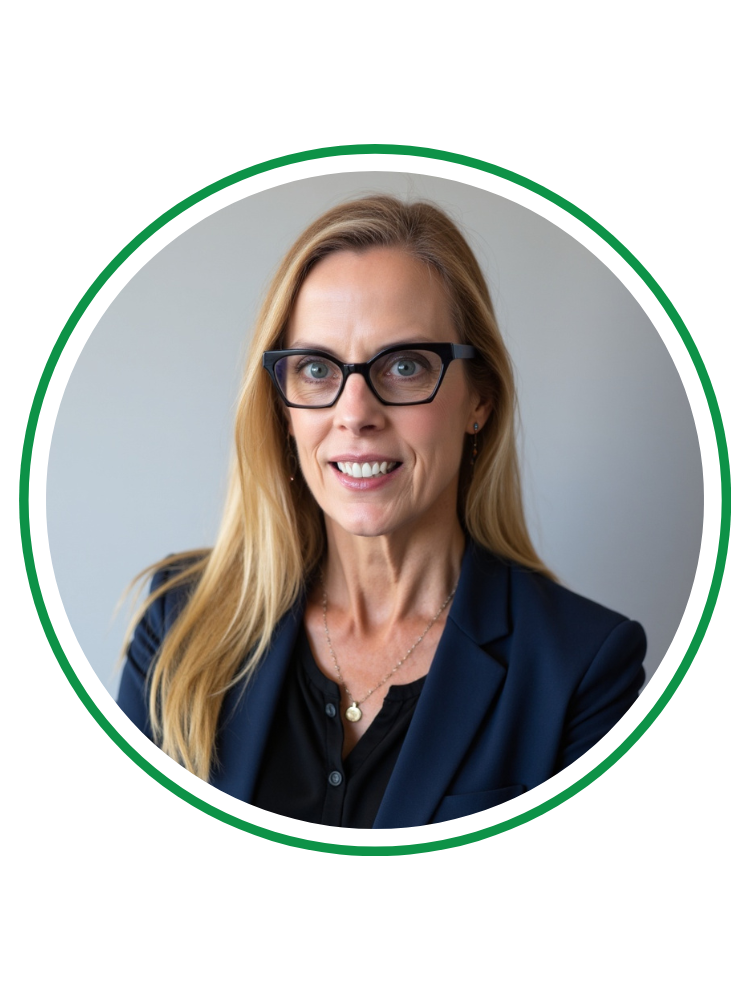
The Nurse Who Slipped Through: A Tale of Missed Screenings and Million-Dollar Consequences
ABC Health, a mid-sized midwestern provider, was thriving. With a regional flagship hospital, six outpatient clinics, a home health division, and a solid reputation for quality care, the CEO had just signed a five-year partnership with a major insurance network.
There didn’t seem to be any cause for worry. The compliance officer insisted they ran exclusion screenings every quarter—plenty often, the executive claimed.
Tech Failure Leads to “Minor” Exclusion Screening Lag
But in Q3, the exclusion screening software glitched. It missed a monthly sync. Then a second. By the third missed month, the compliance officer dismissed it as “a minor lag,” promising the HR department everything would be rerun soon.
Unfortunately, even a seemingly small glitch can have major consequences for healthcare compliance.
ABC Health hired a new nurse in October. Her references checked out. She had a glowing record of employment. However, as it turns out, two years ago, she was convicted of Medicaid fraud while working under a different name in the southwest. She was on the OIG Exclusion List under her maiden name.
But no one screened her for her maiden name at any time.
Billings Accrue for Excluded Individual Over 11 Months
The nurse worked at ABC Health for eleven months. In that time, she administered care to over 200 Medicare patients. ABC Health billed CMS more than $1.2 million for services in which she had direct or indirect involvement.
In August of the following year, a whistleblower complaint hit the OIG hotline. An old colleague recognized the nurse’s face on ABC Health’s website. An investigation followed swiftly. The OIG cross-checked full names and dates of birth, matched alias records, and confirmed: ABC Health had employed an excluded individual.
A Perfect Storm of Compliance Failure
What followed was a perfect storm:
- CMS demanded full repayment of $1.2 million in federal reimbursements.
- Civil monetary penalties were levied—$20,000 for each false claim filed involving the excluded nurse.
- The DOJ initiated False Claims Act proceedings, arguing gross negligence in compliance.
- The state Medicaid program joined the fray, adding $400,000 in additional penalties.
As this example shows, the fines, penalties, and reputational damage from exclusion failures are significant.

Exclusion Screening as Compliance Practice and Risk Protection
The OIG has the authority to exclude individuals and entities from federally funded healthcare programs pursuant to the Social Security Act and maintains a list of all currently excluded individuals and entities called the List of Excluded Individuals/Entities (LEIE). Anyone who hires an individual or entity on the LEIE may be subject to civil monetary penalties (CMP).
Exclusion screening is critically important for healthcare provider organizations because failing to do it properly can result in severe legal, financial and reputational damage.
Here are five reasons why you should take a look at your exclusion screening practices:
- It’s a Legal Requirement.
Federal law prohibits payment by Medicare, Medicaid or other federal healthcare programs for any item or service furnished by an excluded individual or entity. This includes not just direct patient care but indirect services (e.g., billing, transportation, administrative work).
- Non-Compliance = Massive Penalties
If your organization hires or contracts with an excluded individual, you must repay all related federal reimbursements. Plus, you could face:
- Civil Monetary Penalties (CMPs) — up to $20,000 per item/service
- False Claims Act liability
- Exclusion from federal healthcare programs, particularly Medicare and Medicaid
- Exclusions Are Not Always Obvious.
Individuals can be excluded under different names, maiden names or aliases. Not all exclusions stem from obvious crimes. Some involve license issues, fraud or administrative findings.
- Exclusions Can Happen at Any Time.
A person not excluded today could be excluded tomorrow. That’s why ongoing, monthly screening is so essential, not just one-time checks during hiring.
- It Protects Patients and Upholds Trust.
Exclusion screening helps prevent unqualified or unethical individuals from delivering care. It’s a cornerstone of patient safety and organizational integrity.
Regular exclusion screening isn’t just good compliance practice. It’s a regulatory safeguard that protects your organization from fraud, fines and harm to organizational credibility and business integrity.
So, What Happened at ABC Health?
The ABC Health board fired the compliance officer; the CEO resigned, and ABC Health declared bankruptcy within six months. The company’s name became a case study in compliance seminars across the country.
And in a final twist, what happened to the nurse? She vanished before investigators could issue a subpoena. Her exclusion had never expired.
Moral of the Story: In healthcare compliance, skipping or delaying exclusion screening isn’t just an oversight—it’s a significant risk with high-stake consequences.

How to Avoid Exclusion Screening Problems
How can problems like these be avoided? One way is better tracking and management of compliance processes using a tool like YouCompli. Know what the responsibilities are and verify when they are completed. Then confidently manage ongoing compliance processes to avoid situations like what happened to ABC Health.
Reference Material:
- U.S. Department of Health & Human Services. Office of Inspector General. Exclusions Program.
- Background Information. https://oig.hhs.gov/exclusions/background.asp
- Exclusions FAQs. https://oig.hhs.gov/faqs/exclusions-faq/
- The HIPAA Journal. “What are the HHS OIG Background Check Requirements?” https://www.hipaajournal.com/hhs-oig-background-check-requirements/
- U.S. Department of Health & Human Services. Office of Inspector General. Special Advisory Bulletin on the Effect of Exclusion from Participation in Federal Health Care Programs. (May 8, 2013). https://oig.hhs.gov/exclusions/files/sab-05092013.pdf
Susan is a healthcare compliance leader with over four decades working in a variety of administrative and managerial capacities, including strategic planning, regulatory oversight, revenue cycle risk mitigation, denial and appeal management, privacy and information security, healthcare advocacy, clinical department leadership, provider practice administration, risk management, and quality outcomes. Currently, Susan provides compliance and privacy consulting services to a variety of healthcare organizations, including program implementation, policy and procedure development, compliance and privacy training, and regulatory oversight administration.
Susan is a Certified Internal Auditor (CIA), Certified Healthcare Compliance (CHC), Certified Professional Coder (CPC) and holds a Certification in Risk Management (CRMA).

Download our Latest White Paper

Qualified compliance professionals do the heavy lifting for you, simplifying regulatory change management
Our in-house team works tirelessly to monitor U.S. regulators, carefully read the regulations in their entirety, and translate the information into simple regulatory intelligence you can use. We deliver model procedures and expert tools that can be used to fulfill your business requirements. Everything is validated by a third-party law firm.

Sign up for our Weekly Newsletter
Currently trending:
- Beyond the Penalty: What Metrics Should Healthcare… This Q&A with compliance expert, Lisa Herota, RHIA, CHC, CHIAP, CHPS, CCS covers best…
- New Regulation– Now What? Step-by-Step Guide to… “With regulations often spanning hundreds of pages, how can compliance…
- Revenue Cycle Management Compliance: Ensuring… “Revenue cycle management compliance is crucial for the financial health…
- From Manual to Scalable: How to Manage Healthcare… The overwhelming pace and complexity of healthcare regulatory change have…
- Three Strategies to Align Compliance with Revenue Cycle The revenue cycle is the process that starts with a…
